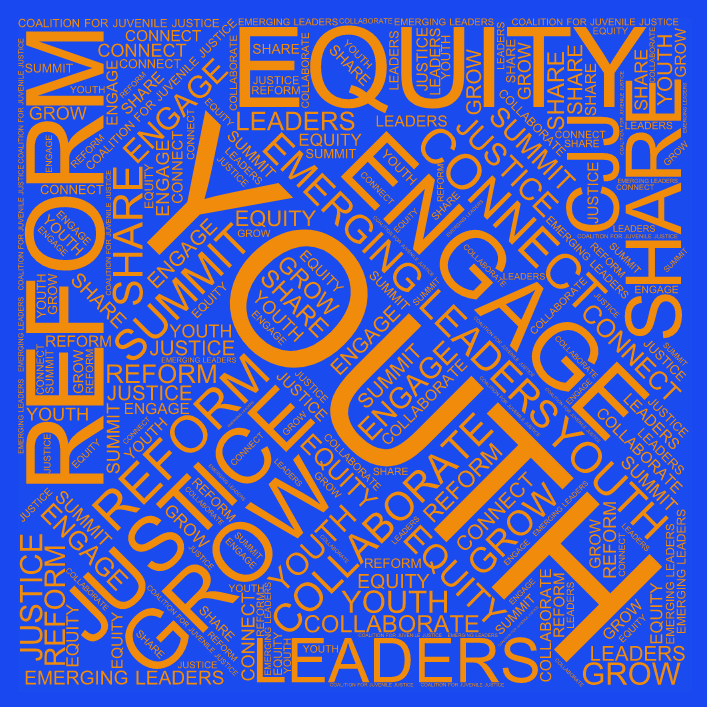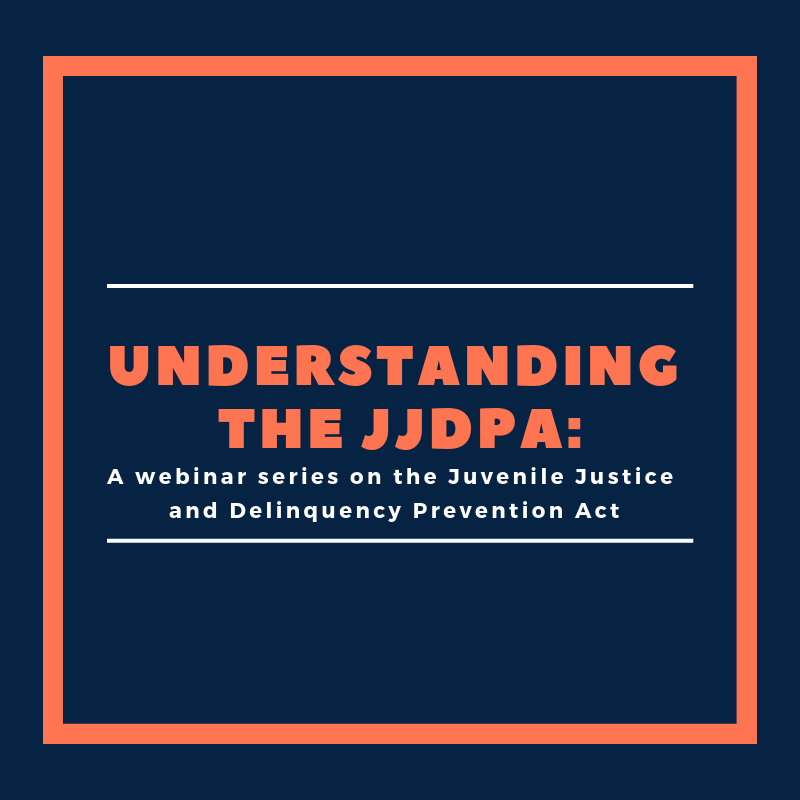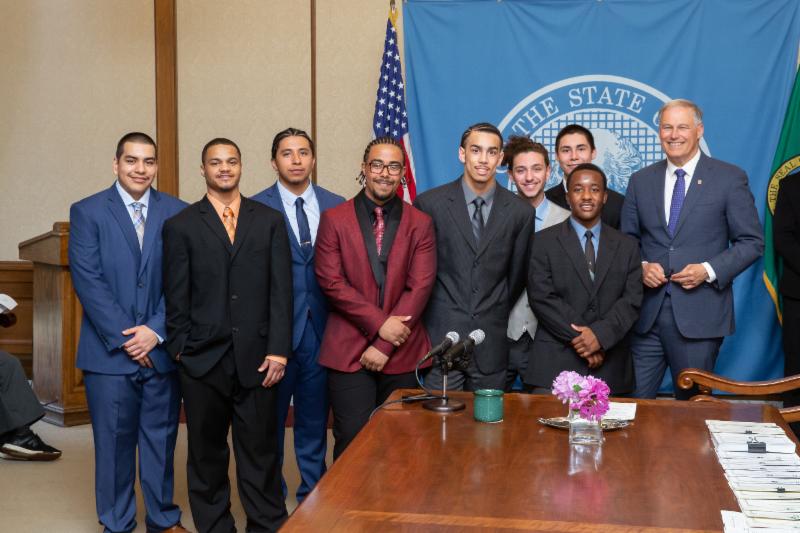
A new report shows that data-driven legislative reforms in Kansas have had more significant outcomes than the state anticipated.
"The reductions in residential placement have already surpassed those projected when the legislation was enacted. The reforms are well on their way to an expected $72 million in total for reinvestment by 2020," the Pew Charitable Trusts stated in a recent
article
.
The Kansas Juvenile Justice Oversight Committee
reports
that since implementing S.B. 367 in 2016, the state has seen a 63 percent reduction in youth confinement, and has shifted $30 million in funding to support evidence-based programs to help young people remain successfully at home. The legislation focused on three key goals: improving public safety while holding youth accountable, controlling taxpayer costs, and improving outcomes. It was based on recommendations from the Kansas Juvenile Justice Workgroup, and supported through technical assistance from the Pew Charitable Trusts and its partner the Crime and Justice Institute at Community Resources for Justice.
Now, two years into implementation of S.B. 367, Kansas has seen significant opportunities to refocus state correctional funds through the closing of one of its youth prisons, and by ending its reliance on Youth Residential Centers (YRCIIs). Prior to 2016, large numbers of young people were being sent to YRCIIs for low level behaviors. Data showed that these group homes were not helping to improve outcomes for youth, however. Of the young people who were placed there, 54 percent were not successfully discharged, either running away from placement, being charged with a new crime, or not successfully completing the program's requirements. (NOTE: To access text after this point, please click here.)
|
|
More than 375 juvenile justice practitioners,
policymakers,
and
advocates
from across the
country are expected to attend.
A draft of the conference agenda can be viewed here.
CJJ's 2019 Annual Conference will focus on the latest research, developments, and challenges facing our field today. Specifically:
- How do changes to the JJDPA impact states' work?
- How can states and communities serve as leaders in shaping a better juvenile justice system for our most vulnerable youth?
- How can we better collaborate with young people with lived experiences in the systems with which we work?
- What can be done to leverage partnerships to help improve physical and mental health services, and better address youths' needs for education and housing?
- What role does advocacy play as communities seek to improve services and provide for trauma-informed care for children and youth?
|
|
The Youth Summit will bring together young people from across the country to network and learn about ways young people are working to improve juvenile justice systems nationally. This year's event is being hosted and developed by CJJ's Emerging Leaders Committee.
|
Early Bird Registration
April 4 - May 5
Members: $80
Non-Members: $95
|
Regular Registration
May 6 - June 6
Members: $95
Non-Members: $110
|
Late Registration
June 7 - July 15
Members: $110
Non-Members: $120
|
|

CJJ Is Turning 35!
CJJ is celebrating 35 years of service to our members and young people across the country. Our work to create equitable outcomes for youth and families would be impossible without the support and dedication on the part of our members.
To com
memorate more than three decades of working with our state and federal partners to improve juvenile justice systems and foster authentic youth partnerships, we are asking for photo submissions from previous CJJ conferences, trainings, and events that will be included as part of a presentation at our Annual Conference in June.
Please email
[email protected] with any submissions by June 1.
|

Today,
May 16 at 3:00 pm Eastern
Under the JJDPA, states are required to assess and address racial and ethnic disparities at key points in the juvenile justice system. Studies indicate that youth of color receive tougher sentences and are more likely to be incarcerated than white youth for the same offenses.
With youth of color comprising one-third of the youth population but two-thirds of youth in contact with the juvenile justice system, this provision requires states and local jurisdictions to create action plans to address disparities within their systems. This webinar will discuss how states can shift from Disproportionate Minority Contact (DMC) to Racial and Ethnic Disparities (RED), and provide examples of how states are addressing RED.
Presenters:
Trista Deame
, Race Equity Coordinator, Office of Youth Justice, New York State Division of Criminal Justice Services
Craig Hargrow, CJJ National DMC Coordinator, Deputy Executive Director of Juvenile Justice/Second Look, Tennessee Commission on Children and Youth
Naomi Smoot, Executive Director, Coalition for Juvenile Justice
July 11 at 3:00 p.m. Eastern
Girls are disproportionately involved in the justice system for offenses that present little or no threat to public safety. The vast majority of girls who enter the justice system have experienced trauma, including sexual, physical, and emotional abuse.
For almost three decades, the JJDPA has required states to develop gender-specific policies for their juvenile justice system. The 2018 reauthorization expands upon those requirements, including eliminating the use of restraints on known pregnant youth and providing alternatives to detention for survivors of commercial sexual exploitation.
This webinar will discuss the changes in H.R. 6964 that affect girls and sexually exploited youth in the justice system and how states can continue to work towards addressing the unique needs of this population.
Presenters:
Youth who come in contact with the juvenile justice system can experience numerous barriers when transitioning back into their communities, including obtaining employment, securing stable, safe, and affordable housing, and transferring school credits.
The 2018 reauthorization of the JJDPA sets out, for the first time, language related to reentry plans for youth who are returning to the community. This is a critically important step to ensure that young people exit the justice system to safe, stable, and secure housing. Research has shown that 44% of young people who are experiencing homelessness report that they have also spent time in a jail or detention facility.
This webinar will discuss the new JJDPA reentry requirements, how states can work with youth, families, schools, businesses, and community-based organizations when planning for reentry, and provide examples of successful programs.
Presenters:
All webinars are free for CJJ members. To become a member, click
here
.
|
CJJ is looking for bloggers for
CJJ Today to author stories and posts about juvenile justice. We're particularly interested in stories from
State Advisory Group members or staff, CJJ
individual or
youth members, and CJJ
organizational members, about issues at the state or local level, interesting programs or approaches, and perspectives about the course of juvenile justice reform at the local or state level. We also welcome blog posts from other juvenile justice system stakeholders. Blog posts can be between 400-750 words in length. Click
here to see our other guidelines for blogs.
Suggested topics could include:
- School to Prison Pipeline
- Girls in the Juvenile Justice System
- Remedying Racial and Ethnic Disparities
- Adolescent Brain Development
- Evidence-Based Practices
- Status Offenses
- Family and Youth Involvement
- Promising Practices or Program Spotlights
If interested please email [email protected] for more details.
|

Washington State achieved several major legislative victories for youth this session with the passage of
H.B. 1646
,
S.B. 5290
, and
S.B. 5815
in April. These bills allow young people to remain under the jurisdiction of the Department of Children, Youth, and Families until the age of 25; phase out the placement of youth charged with status offenses in detention facilities; and increase the use of community-based alternatives and enrichment opportunities in place of confinement, respectively.
H.B. 1646
extends the age that youth can remain in juvenile placement from 21 to 25. This change will ensure that 95 percent of young people who were previously charged as adults in Washington State will now be able to complete their sentences in juvenile facilities and will not face the possibility of transfer to the Department of Corrections upon turning 21.
The enactment of
S.B. 5290
will phase out the use of the valid court order (VCO), an exception to the Juvenile Justice and Delinquency Prevention Act's prohibition on the incarceration of youth charged with status offenses. With the passage of this legislation, Washington joins an ever growing list of states that have moved away from the dangerous and costly practice of detaining youth for behaviors such as truancy, and are instead relying on proven community programs that address a young person's underlying needs.
S.B. 5815
will allow for youth placed in minimum security facilities in Washington State to participate in educational and work-related programs, and community-based treatment for up to 16 hours a day with approval from the Secretary of the Department of Children, Youth, and Families. This provision enables youth to have an active role in their reintegration planning process.
Among the champions of this year's legislative victories were a group of young men at Green Hill School, a facility in Chehalis, Wa. Sen. Jeannie Darneille and Rep. Noel Frame, members of the Washington State Partnership Council on Juvenile Justice, supported these young advocates who shared their own experiences at Green Hill School to advise legislators on the policy changes needed to ensure the highest quality of care for youth and families who come into contact with the juvenile justice system.
|
This week, U.S. Senators Gary Peters (D-MI) and Chuck Grassley (R-IA) reintroduced The Childhood Outcomes Need New Efficient Community Teams (CONNECT) Act. This bipartisan legislation aims to help states identify and meet the needs of children at the intersection of multiple child-serving systems, or dual status youth.
The CONNECT Act authorizes grants through the Department of Health and Human Services (HHS) that can help state juvenile justice and child welfare agencies collect data on dual status youths to foster a better understanding of their unique circumstances and improve coordination of resources available to dual-status youth.
The CONNECT Act would also create the opportunity for increased collaboration and partnerships between state juvenile justice agencies and child welfare programs.
"Too often, these state agencies don't interact enough. Child welfare and juvenile justice experts need to work together to keep vulnerable youth safe, off the streets, and away from crime. Our bill encourages state and local agencies to work as a team to develop best practices and better policies to help at-risk youth and help them succeed in life." said Grassley.
|
Resources
- The National Center for Lesbian Rights (NCLR) and the Center for Children's Law and Policy (CCLP), with support from the National PREA Resource Center, released a publication that addresses the problems facing transgender, gender nonconforming, and intersex (TGNCI) youth in confinement.
EVENTS AND TRAININGS
- The National Association of Counsel for Children will be hosting the 42nd National Child Welfare Law Conference in Anaheim, Ca., from Aug. 26-28.
- A Way Home America will be hosting two sessions of "Introducing the Grand Challenge" on June 3 at 3:30 p.m. Eastern. and June 6 at 1:00 p.m. Eastern. The webinars focus on their new campaign to end youth homelessness and how individuals and communities can get involved.
|
|
The Juvenile Justice Monitor is brought to you by staff and volunteer leaders of the Coalition for Juvenile Justice, and supported by membership fees paid by CJJ's State Advisory Group Members, Members at Large, Organizational Members, and allies. We are grateful to all for their ongoing support.
Coalition for Juvenile Justice
1319 F Street NW, Suite 402
Washington, DC 20004
202-467-0864
|
|
|
|
|